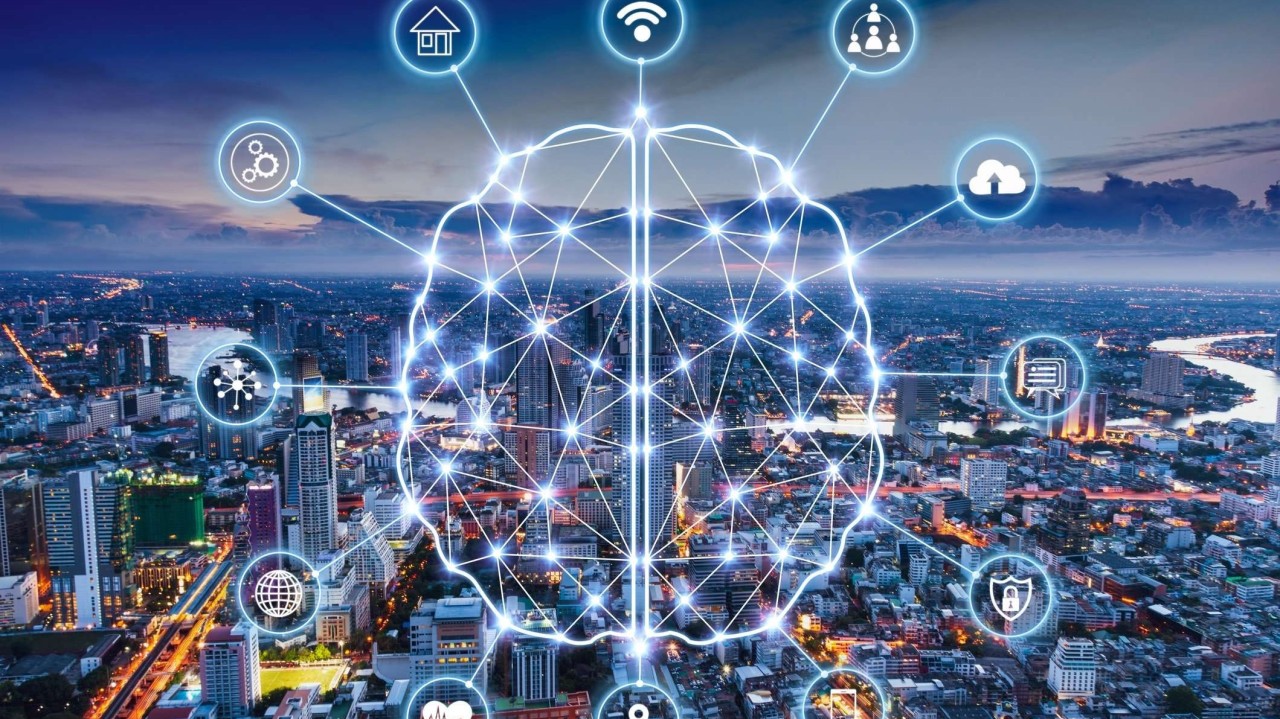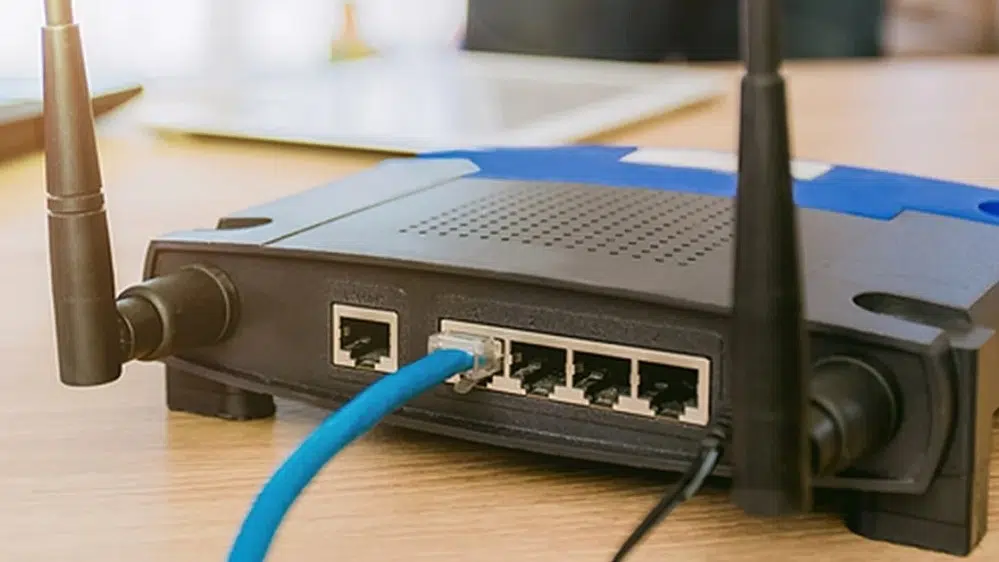In today’s world, tech—short for technology—touches nearly every aspect of human life. From smartphones and smart homes to artificial intelligence and biotechnology, tech has revolutionized how we live, work, and connect. The rapid pace of technological advancement continues to reshape industries, economies, and even the way we think and interact with the world.
What Is Tech?
Tech refers to the application of scientific knowledge for practical purposes, especially in industry. In a modern context, it typically includes digital tools, electronics, software, and systems designed to solve problems, enhance productivity, and improve daily life. Tech is present in everything from the phones in our pockets to the algorithms that drive search engines and social media platforms.
The word “tech” has also evolved into a broad term encompassing the entire technology sector, which includes information technology (IT), computing, telecommunications, robotics, electronics, and more.
The Evolution of Tech
Technology has come a long way from the invention of the wheel and the printing press. The 20th and 21st centuries, in particular, have seen unprecedented advances:
- The Internet revolutionized communication, commerce, and information sharing.
- Mobile devices made computing portable and accessible to billions.
- Cloud computing enabled remote data storage and software as a service (SaaS).
- Artificial intelligence (AI) began mimicking human intelligence and decision-making.
- Blockchain offered decentralized solutions for finance and security.
Each new breakthrough builds upon the last, accelerating the pace of innovation and pushing boundaries once thought impossible.
The Impact of Tech on Daily Life
1. Communication
Tech has transformed communication beyond recognition. Instant messaging, video calls, and social media allow people to stay connected across continents. Platforms like Zoom, WhatsApp, and Slack have become vital tools for both personal and professional communication.
2. Work and Business
Remote work, digital collaboration, and automation are made possible by tech. Cloud-based tools like Google Workspace and Microsoft Teams enable teams to work efficiently from anywhere. AI-driven analytics help businesses make smarter decisions, while e-commerce platforms like Amazon and Shopify have changed the way products are bought and sold.
3. Education
EdTech (educational technology) is reshaping how students learn. Online courses, virtual classrooms, and AI tutors provide flexible, personalized learning experiences. Platforms like Khan Academy, Coursera, and Duolingo have made education more accessible and engaging.
4. Healthcare
Technology is revolutionizing healthcare through telemedicine, wearable devices, and AI-assisted diagnostics. Patients can consult doctors virtually, monitor their vitals in real-time, and receive faster, more accurate diagnoses. Medical research also benefits from tech innovations in genomics and data analysis.
5. Entertainment
From streaming services like Netflix and Spotify to immersive gaming experiences, tech has redefined entertainment. Virtual and augmented reality are adding new dimensions to storytelling and interactive experiences.
Tech and the Economy
The tech sector is one of the most powerful engines of economic growth. Companies like Apple, Google, Amazon, and Microsoft are among the world’s most valuable. Startups fueled by venture capital are constantly pushing innovation, while job opportunities in tech-related fields continue to grow.
Roles such as software developers, data scientists, cybersecurity analysts, and UX designers are in high demand. As automation and AI evolve, there’s also a growing need for skills in ethical AI development, digital policy, and human-centered design.
Challenges in the Tech World
Despite its benefits, tech is not without its challenges:
- Privacy Concerns: Data collection and surveillance have raised serious questions about user privacy and digital rights.
- Cybersecurity Threats: As we rely more on digital systems, the risk of hacking, data breaches, and cybercrime increases.
- Digital Divide: Not everyone has equal access to technology, creating disparities in education, job opportunities, and social inclusion.
- Mental Health Impact: Constant connectivity and social media can lead to screen addiction, anxiety, and other mental health issues.
- Job Displacement: Automation may replace certain jobs, particularly those involving repetitive tasks.
Addressing these challenges requires collaboration between governments, tech companies, educators, and users to create fair, inclusive, and ethical technological progress.
Emerging Tech Trends
Several cutting-edge tech trends are set to shape the future:
- Artificial Intelligence and Machine Learning: AI is being integrated into everything from customer service chatbots to predictive healthcare.
- 5G and Connectivity: Faster internet speeds and reduced latency will power smart cities, autonomous vehicles, and the Internet of Things (IoT).
- Quantum Computing: Promising revolutionary changes in data processing and problem-solving capabilities.
- Blockchain and Decentralized Tech: Beyond cryptocurrencies, blockchain is being used in supply chains, voting systems, and digital identity.
- Sustainable Tech: Green technology and clean energy innovations are helping tackle climate change.
The Future of Tech
The future of tech is both exciting and uncertain. As technology becomes more advanced, the ethical and societal implications grow more complex. How do we balance innovation with responsibility? How can we ensure technology serves humanity rather than controls it?
The key lies in human-centered design, ethical development, and inclusive innovation. Tech must be guided by values—equity, transparency, sustainability, and respect for human rights.
Conclusion
Tech is more than just gadgets and software; it’s a transformative force shaping the future of humanity. It improves lives, drives economies, and connects the world in unprecedented ways. But with great power comes great responsibility. As we continue to innovate, it is vital to ensure that technology serves all of society—ethically, inclusively, and sustainably.
Whether you’re a consumer, creator, or policymaker, embracing the opportunities and challenges of tech will be essential in navigating the world of tomorrow.



